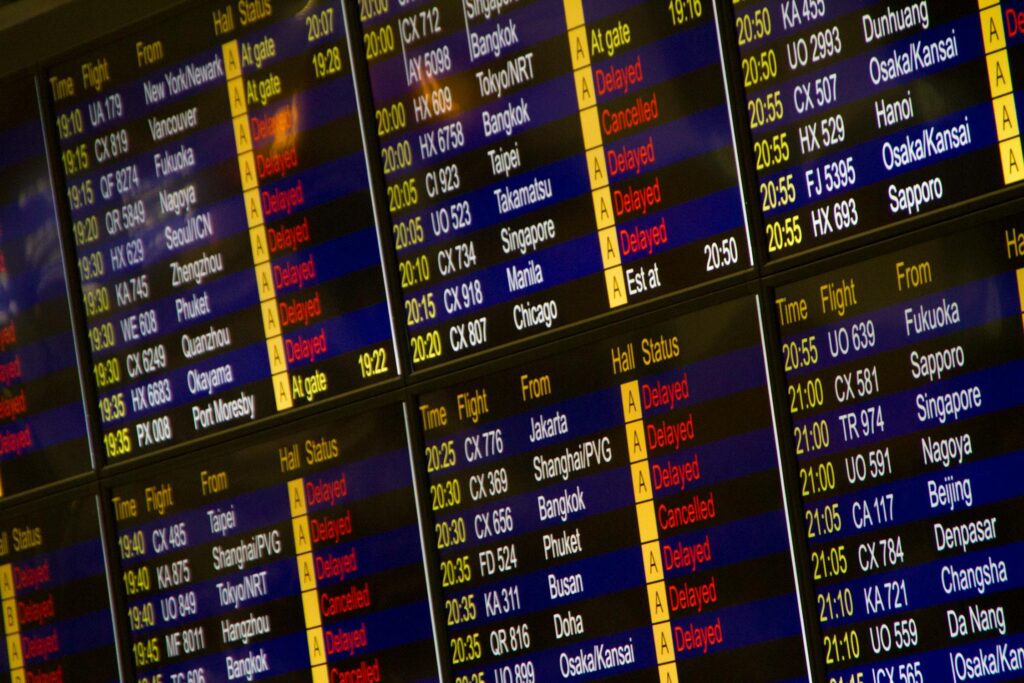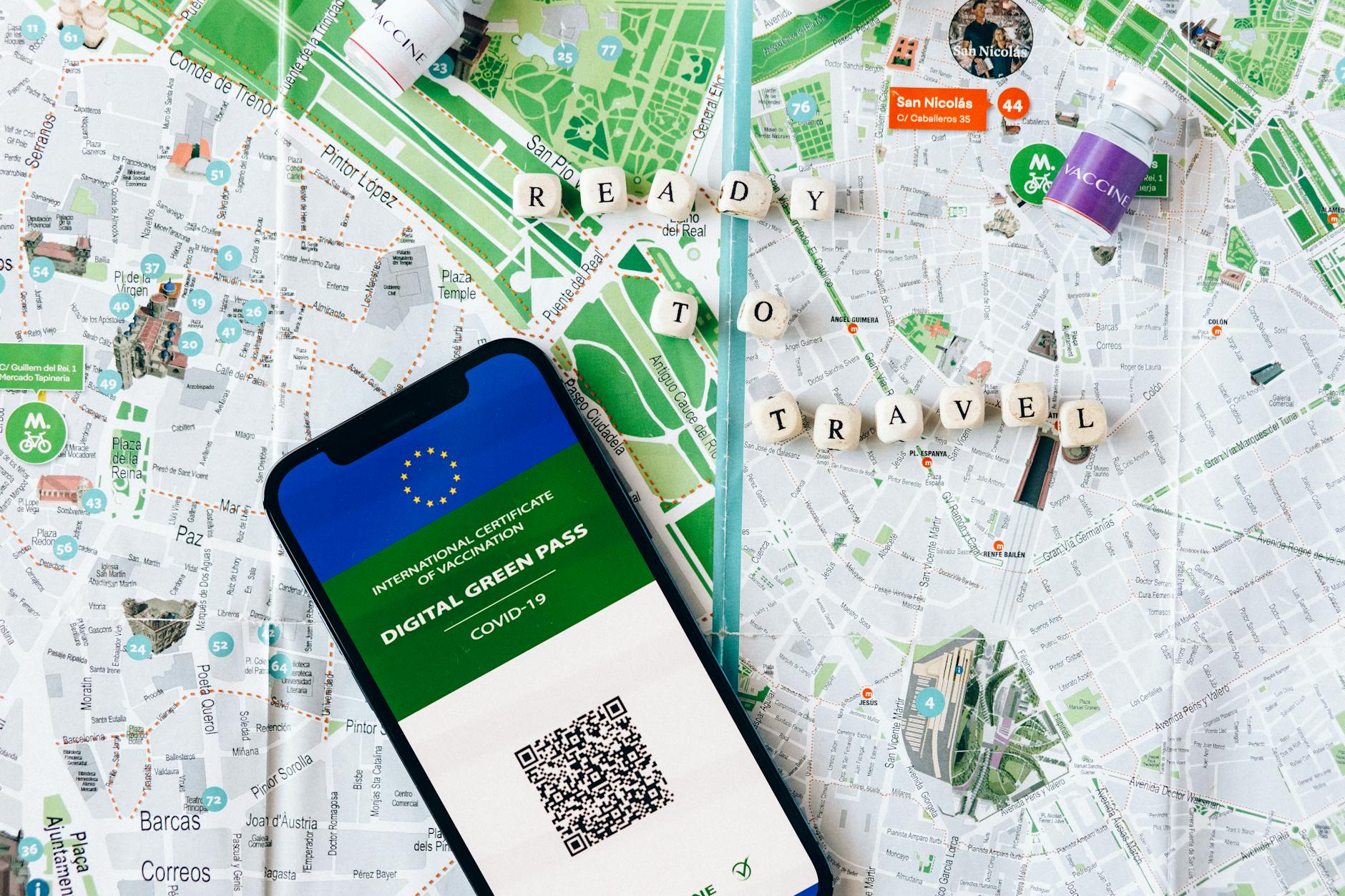Travel insurance may feel like a hassle, but it’s smart to think about it. From flight delays to sudden medical issues, it can save you from big expenses. Knowing what travel insurance covers can really help you avoid financial stress.
When I first traveled alone, I thought I didn’t need it. Why pay for something I wouldn’t use? Then I missed a flight and faced unexpected medical costs. That changed my view on being prepared. This guide will break down the types of coverage available so you can see if it’s worth it for your trips.
- Protects against flight cancellations
- Covers medical emergencies
- Offers trip interruption benefits
- Provides baggage loss coverage
- Includes emergency evacuation
- Can cover rental car issues
Whether you’re exploring a new city or relaxing on a beach, understanding travel insurance is key. I’ll share my experiences to help you feel secure on your travels.
Understanding Travel Insurance
Travel insurance isn’t just for cautious travelers; it’s a smart choice that protects against unexpected issues. A flight cancellation or medical emergency can ruin your trip and your budget. With travel insurance, you can relax and enjoy your adventures without worrying about what could go wrong.
What Is Travel Insurance?
Travel insurance protects you from unexpected travel issues. It covers trip cancellations, medical emergencies, lost bags, and delays. Depending on your plan, you can get back money for non-refundable flights and hotels, as well as medical bills abroad.
Think of travel insurance as your safety net. Without it, “what ifs” can become costly problems. Whether you’re going for a weekend or a long trip, a solid travel insurance policy can prevent financial stress.
Importance of Travel Insurance
Travel insurance became clear to me after a trip went wrong. I planned a week in Thailand, but my flight was canceled due to bad weather. Thankfully, my travel insurance covered extra hotel costs and my next flight. Without it, I would have faced hefty expenses.
Here are some key reasons to consider travel insurance:
- Medical Emergencies: Health care abroad can be costly. Insurance helps cover medical expenses.
- Trip Cancellation: If an unforeseen event arises, insurance reimburses you for non-refundable costs.
- Baggage Loss: Lost luggage can ruin a trip. Insurance can help replace essential items.
- Peace of Mind: Knowing you are covered allows you to enjoy your travels fully, unburdened by worry.
In a world filled with uncertainties, travel insurance acts as a shield against potential pitfalls. It might feel like an expense before the trip, but the protection it offers can be invaluable when things don’t go as planned. Check outwww.myglobalshield.com for travel insurance that fits your needs.
Types of Coverage Offered
Travel insurance offers several types of coverage designed to protect against unexpected events that can disrupt travel plans. Understanding these types can help travelers choose the right policy for their needs. Here’s a closer look at the essential coverage options.

Trip Cancellation and Interruption
Trip cancellation and interruption coverage is key for travel insurance. It reimburses you for non-refundable costs if you cancel or shorten your trip due to illness or family emergencies. I once had to cancel a trip for a family issue, and this coverage saved me money.
When you plan a trip, you spend on flights, hotels, and activities that often can’t be refunded. Without this coverage, you risk losing that money. Knowing you’ll get your money back offers peace of mind while traveling.
Medical Expenses
Medical expenses coverage is essential for international travel. It handles unexpected medical costs, which can be high overseas. I once faced a sudden illness, and the cost for a basic doctor’s visit was much more than at home. Luckily, my travel insurance took care of it.
This coverage usually includes emergency care, hospitalization, and evacuation if necessary. You don’t want to stress about medical bills while traveling. Having this insurance feels like a safety net, making sure you can access care without worrying about the cost.
Baggage Loss and Delay
Lost or delayed baggage can put a damper on any trip, and that’s where baggage loss and delay coverage comes to the rescue. This coverage compensates you for lost luggage and helps cover costs for essential items if your baggage is delayed.
Once, my baggage didn’t arrive on the same flight, and I had to buy basic necessities just to get through that first day. Thankfully, my travel insurance reimbursed some of those costs. Knowing you have coverage not only provides peace of mind but allows you to focus on your adventure instead of stressing over missing belongings.
Emergency Evacuation
Emergency evacuation coverage is key for trips to remote areas with few medical facilities. This insurance helps in urgent cases needing quick transport to better-equipped hospitals. I saw this firsthand on a hiking trip when a traveler got hurt and needed fast help. Having this coverage can save lives in emergencies.
In the unfortunate event of a serious accident or a natural disaster, this coverage ensures you can receive the medical attention you need. It’s not something I thought about until I started exploring off-the-beaten-path locations, but now I ensure my travel insurance includes this crucial component.

Real-Life Examples of Travel Insurance Benefits
Travel insurance may seem like a boring detail in the hustle and bustle of trip planning, but I’ll share some stories that highlight its undeniable value. Experiencing these situations firsthand made me a firm believer in travel insurance. It’s the kind of safety net you’re grateful for when things go sideways during your adventure.
Example 1: Trip Canceled Due to Illness
One of the most gut-wrenching experiences I faced was just days before my planned trip to Barcelona. I’d been looking forward to this getaway for months. However, I woke up feeling feverish and realized I had to see a doctor. The diagnosis? Stomach flu—definitely not travel material!
Thanks to my trip cancellation coverage, I was reimbursed for the non-refundable flights and accommodations, which would have hit my wallet hard. I could focus on recovery rather than stress over lost money. It felt like my travel insurance was a protective shield, ensuring I didn’t face financial ruin just because life threw me a curveball.
Example 2: Medical Emergency Abroad
During my travels in Peru, I had an incredible time exploring ancient ruins and hiking in the Andes. However, things went south when I got altitude sickness. The dizzy spells and nausea escalated to the point where I had to visit a local clinic.
The treatment costs were much higher than I thought. Thankfully, my travel insurance covered those expenses. It felt great knowing I wouldn’t be overwhelmed by bills when I got home. Instead of stressing about money, I could focus on getting better and enjoying the beautiful scenery again.
Example 3: Lost Luggage Situation
Arriving in Thailand, I was excited for my island adventure. My luggage, however, didn’t show up. For hours, I felt lost without my essentials. I needed a quick fix to avoid ruining my trip.
Luckily, my travel insurance covered the lost luggage. They reimbursed me for clothes and toiletries and helped track down my bag. Knowing I was protected eased my worries. I could focus on enjoying the local culture instead of stressing over my things.
What Travel Insurance Typically Doesn’t Cover
Knowing what travel insurance doesn’t cover can save you from surprises. Just having a policy doesn’t mean you’re fully protected. Common exclusions can leave you thinking you’re safe when you’re not. Let’s check out some key gaps in coverage.
Pre-existing Conditions
Pre-existing conditions usually aren’t covered by insurance. If you had a health issue before your trip, related costs likely won’t be covered. This includes chronic illnesses and past injuries.
Insurers see these conditions as risky and often exclude them, leaving travelers with big bills. I once met someone whose asthma flared up during a mountain hike. He had to pay for treatment since his insurance didn’t cover his asthma. Always check with your provider about exclusions and think about getting extra coverage if you have health issues.
Extreme Sports Injuries
Extreme sports can boost your adventure, but many travel insurance policies won’t cover them. Activities like scuba diving, rock climbing, and bungee jumping often lead to exclusions for injuries.
When I skied in the Alps, my insurer asked if I was a pro. Thankfully, I was just there for fun, so I was covered. If I had pursued more extreme sports, I would have needed special coverage. Always check that your policy covers any risky activities you plan to do.
Losses Due to Negligence
Negligence in travel insurance means not acting responsibly, which can lead to losses not covered by your policy. For example, if you leave your laptop unattended and it gets stolen, the insurer may deny the claim.
I’ve seen friends lose valuables due to careless decisions. One left her passport in an unzipped backpack and found out her insurance wouldn’t cover it. Staying alert can prevent such problems.
Knowing about these exclusions helps you pick the right policy and travel with confidence. You don’t want unexpected expenses ruining your trip.
Choosing The Right Travel Insurance Policy
Choosing the right travel insurance can be tough. With many options available, it’s important to find a plan that fits your needs. Having gone through this myself, I realized that good coverage can make a stressful situation easier to handle.
Assess Your Needs
Before diving into the insurance pool, take a moment to assess your travel habits. Are you a frequent flyer, or do you prefer the occasional weekend getaway? Each travel style presents unique risks and needs. Consider these factors:
- Destination: Are you visiting a country with high medical costs?
- Activities: Will you be hiking in the mountains or lounging on a beach?
- Trip Duration: Are you planning a weekend trip or a months-long adventure?
Understanding your travel habits can help you choose the right insurance. For example, extreme sports coverage is essential for adventure seekers, while budget travelers might need trip cancellation coverage the most.
Research Different Policies
Once you’ve outlined your needs, it’s time to research different insurance policies. Every provider offers varying coverage levels and prices. Here’s how to navigate this process effectively:
- Comparison Sites: Use websites that allow you to compare policies easily. It’s like shopping for the best deal, but in the insurance realm.
- Read Reviews: Insights from fellow travelers can expose the pros and cons of different policies. Look for reviews online to help guide your choice.
- Check Coverage Limits: Make sure to see what’s included, and more importantly, what isn’t. Some policies may look enticing but lack comprehensive coverage for events you may encounter.
The diligent research process feels tedious but can save you from make-or-break situations during your travels.
Read The Fine Print
Understanding the fine print may be the most crucial step in choosing travel insurance. Policies often come packed with jargon and exclusions that can easily slip past you if you’re not careful. Here are specific areas to pay attention to:
- Pre-existing Conditions: Many policies exclude coverage for pre-existing health issues. Make sure to check if your current health status is included.
- Adventure Activities: If you plan to partake in activities like skiing or scuba diving, confirm they’re covered.
- Claim Process & Limits: Know how to file claims and what documentation you’ll need if something goes wrong.
Reading the fine print may seem daunting, but it’s your best bet for understanding your policy’s true value. The last thing you’d want is to face unexpected expenses due to a misunderstood detail.

Key Takeaways and Next Steps
Travel insurance protects you from unexpected problems while traveling. Whether it’s a medical emergency or a last-minute trip cancellation, having insurance can save you from financial stress.
Selecting the right policy helps you relax and enjoy your trip. You can focus on making great memories instead of stressing over what might go wrong.
- Research different insurance options
- Read reviews from other travelers
- Compare prices and coverage
- Choose a policy that fits your needs
Have you ever had a travel insurance experience that changed how you view it? Sharing these stories can help others feel more sure about their choices.






12 Responses
Honestly, never thought much about travel insurance until I had a trip go sideways thanks to a hurricane. Wish I’d seen this guide beforehand, would’ve saved me a lot of headache. Kudos, TouristTales.
So if i’m just traveling for a quick weekend trip, do u think i still need all this insurance? feels a bit much maybe idk
MaddyK, it’s always good to be covered, even for short trips. You never know what might happen, and it’s better to be safe than sorry!
Just a heads up for anyone doing extreme sports on their travels, double check what your insurance covers. Found out the hard way that not all adventures are covered. Great overview tho!
good read, thanks for breaking it down simple
In my years of traveling, I’ve had to claim travel insurance twice. Once for a medical emergency in Peru and another for a canceled flight due to political unrest. It’s articles like these that remind us of the unpredictable nature of travel. Well composed, TouristTales. It’s essential to understand what we are signing up for.
Useful breakdown. I often align my travel insurance choices with my tech gear since it’s what I carry most. Never considered the medical side deeply, a good reminder.
Does anyone know how these insurances fare for long-term travelers? Been on the road a year and always curious about better options.
While travel insurance sounds nice in theory, in practice, it’s a maze of terms and conditions. It’s articles like this that gloss over the headaches of actually using your insurance. Ever try to make a claim? Good luck navigating that without losing your mind.
What a thorough dive into the nuances of travel insurance! This is exactly the type of resource invaluable to those of us who cherish our peace of mind while exploring the vast cultures of our world.
Fascinating article. Makes me wonder how the historical development of travel insurance parallels with the evolution of global travel habits. Any insights into this, TouristTales?